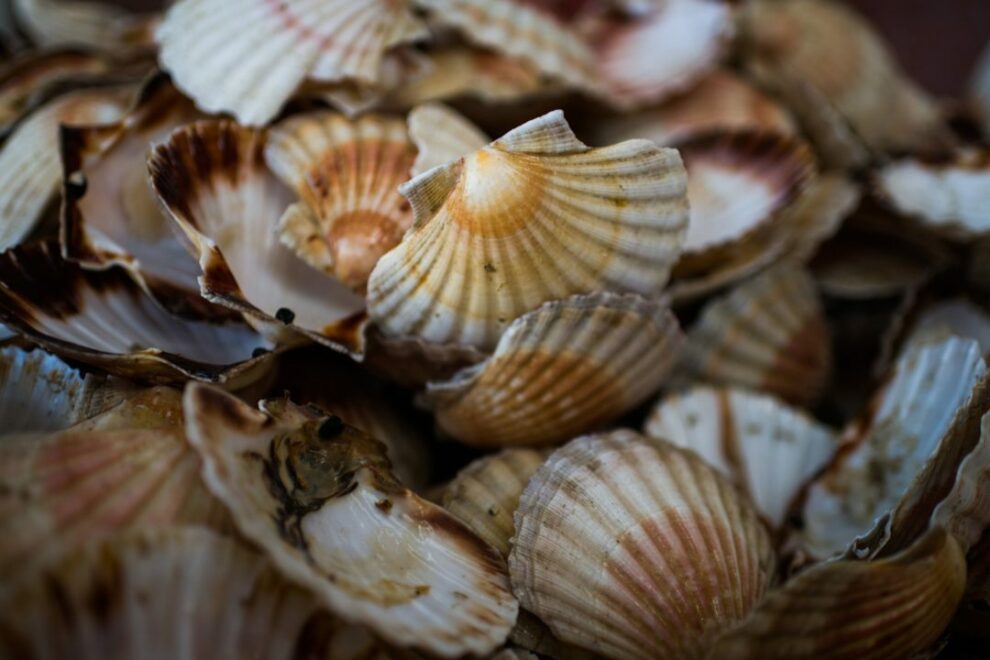Japan’s government plans to have prison inmates process scallops for export, in order to overcome a bottleneck arising from China’s ban on imported seafood from its neighbor, according to a Mainichi newspaper report.
To meet the hygiene standards required for export to Europe and North America, the program will allow qualified inmates to commute to private-sector processing plants without the supervision of prison officers, the report said.
Since Japan began releasing treated wastewater from the wrecked Fukushima nuclear plant into the ocean in August, China has banned imports of Japanese seafood both for domestic consumption and processing for re-export.
The agriculture ministry and justice ministry are still studying the idea of using prisoners for this work, a spokesperson for the agriculture ministry said. The ministry has communicated with the ruling Liberal Democratic Party about the proposal, though nothing has been formalized, the spokesperson said.
Businesses involved in the workaround would make payments directly to the government for the labor and would be exempt from paying welfare costs including insurance, according to the justice ministry’s guidelines for prison labor.
“China was the hub for processing scallops for exports to the U.S.,” said Kouzou Takiguchi, spokesperson at the Japan Aquatic Products Export Council. “Now, it has all stopped, we’re looking for a third country for new processing hub like in Vietnam or Thailand, as well as pushing consumption and processing capacity domestically.”
Japan exported roughly ¥108 billion ($721 million) worth of fresh, frozen and processed scallops in 2022. China was the biggest market for Japanese agriculture, forestry and fishery goods last year, with seafood goods accounting for roughly a third of the export amount.
Source : SupplyChainBrain










